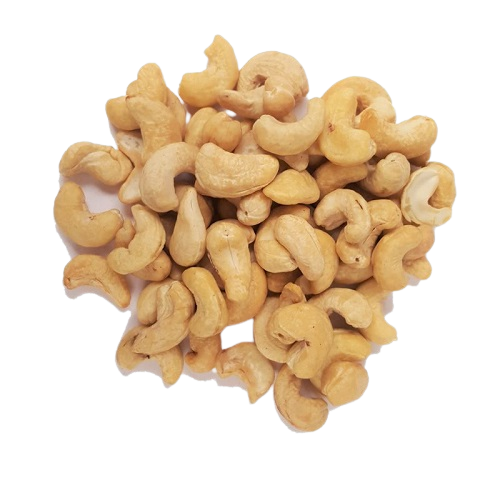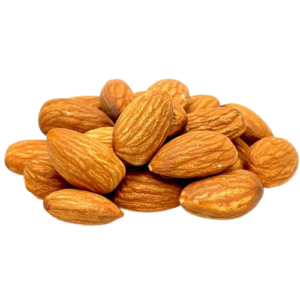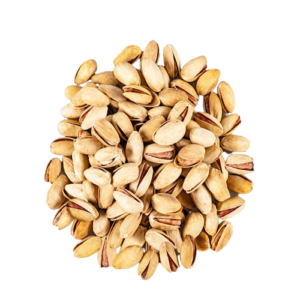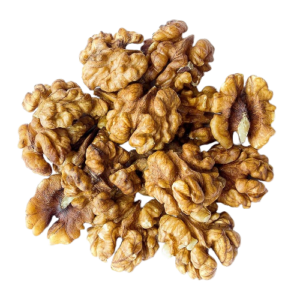Cashew Nuts
Delightfully creamy and irresistibly flavorful, cashew nuts are one of nature’s most beloved treats. Native to the tropical regions of Brazil, cashews have gained immense popularity worldwide for their unique taste and numerous culinary applications. Whether enjoyed as a snack or incorporated into various dishes, cashews add a rich, buttery touch to both sweet and savory recipes.
Uses:
- Snack Delight: Cashew nuts are a delicious and nutritious snack on their own, providing a satisfying crunch and a subtly sweet taste that appeals to people of all ages.
- Baking and Cooking: These nuts make an excellent addition to baking recipes, such as cookies, cakes, and muffins, enhancing the texture and flavor profile. They can also be ground into a creamy paste, like cashew butter, which is a popular vegan alternative to dairy butter.
- Creamy Soups and Sauces: Cashew nuts can be blended into a smooth consistency and used to thicken soups, sauces, and curries, imparting a luscious creaminess without the need for dairy products.
- Salads and Stir-Fries: Sprinkling cashew nuts on salads and stir-fries adds a delightful contrast of textures and elevates the overall taste of the dish.
- Nutritional Boost: Cashews are a good source of essential nutrients like protein, healthy fats, vitamins (such as vitamin E, B6), and minerals (such as copper, magnesium, and zinc), making them a valuable addition to a balanced diet.
- Plant-Based Milk: Soaked and blended cashews can be used to create dairy-free cashew milk, a popular alternative for those who are lactose intolerant or follow a vegan lifestyle.
Disadvantages:
- High Calorie Content: While cashews are nutritious, they are calorie-dense, so overconsumption can lead to weight gain. Moderation is key when enjoying these delectable nuts.
- Allergies: Some individuals may be allergic to tree nuts, including cashews, and can experience allergic reactions ranging from mild itching to severe anaphylaxis. Those with nut allergies should avoid cashew nuts entirely.
- Oxalate Content: Cashews are relatively high in oxalates, which can contribute to kidney stone formation in susceptible individuals. People with a history of kidney stones should consume cashews in moderation.
- Potential Rancidity: Cashews contain natural oils that can become rancid over time, especially when exposed to heat, light, or air. Proper storage in a cool, dry place is crucial to maintaining their freshness.
- Expensive: Compared to some other nuts, cashews can be relatively pricey due to the labor-intensive harvesting process and their popularity in the global market.
Conclusion: Cashew nuts are a delightful and versatile ingredient that offers numerous culinary possibilities, from snacking to cooking and baking. Their creamy texture, rich taste, and nutritional profile make them an excellent addition to a healthy diet when consumed in moderation.
However, individuals with allergies or a history of kidney stones should exercise caution, and proper storage is essential to maintain their freshness. Embrace the goodness of cashews and indulge in their mouthwatering flavor while being mindful of their potential drawbacks.












